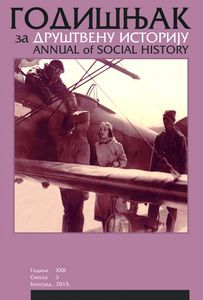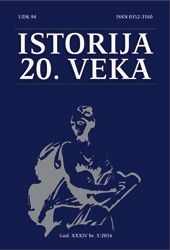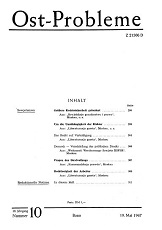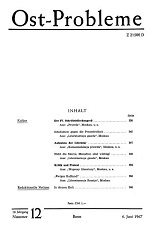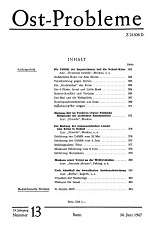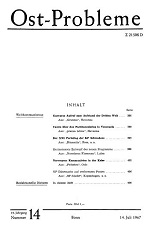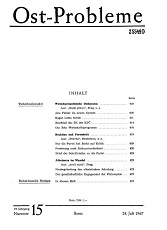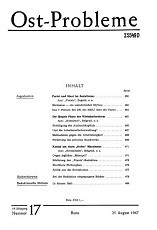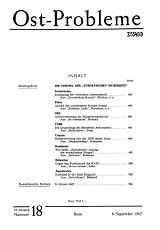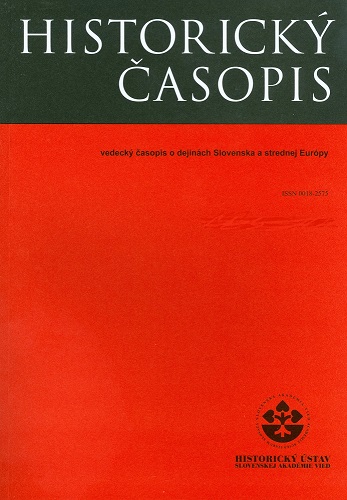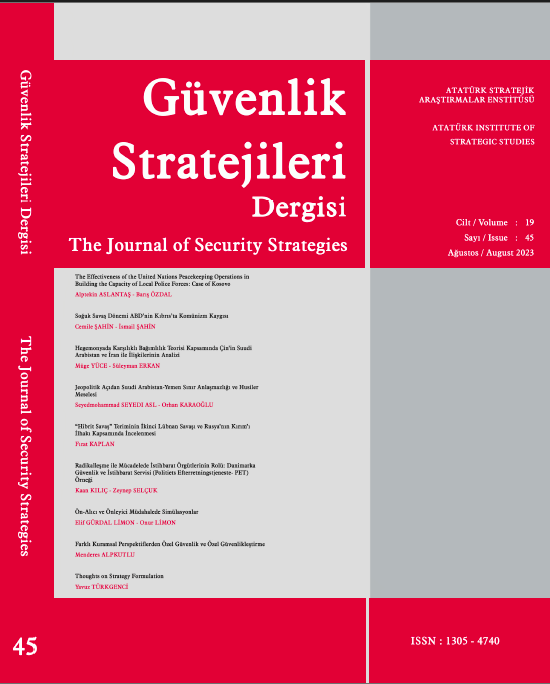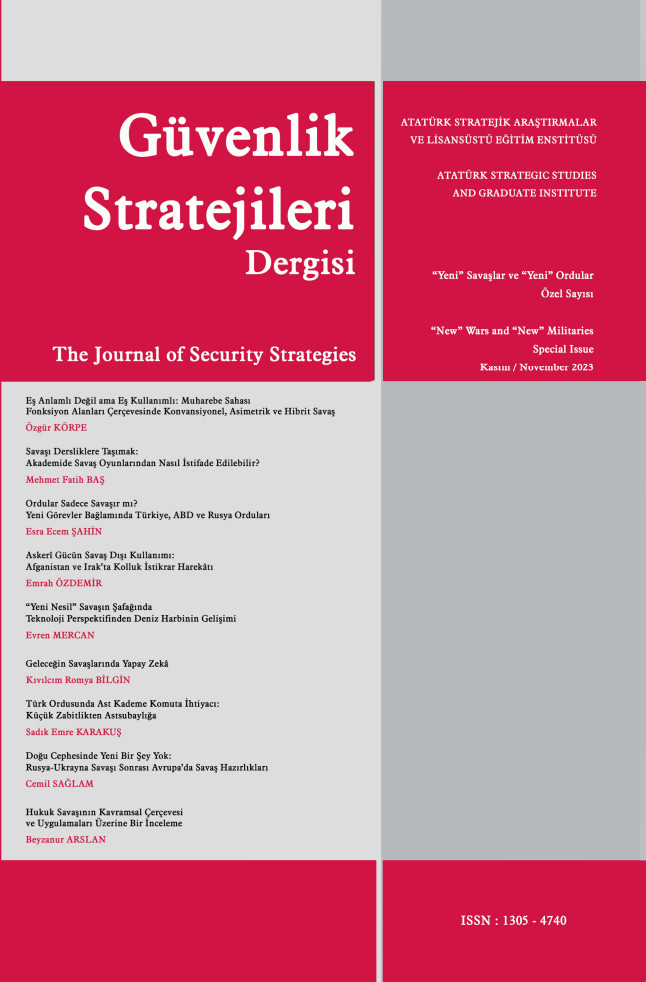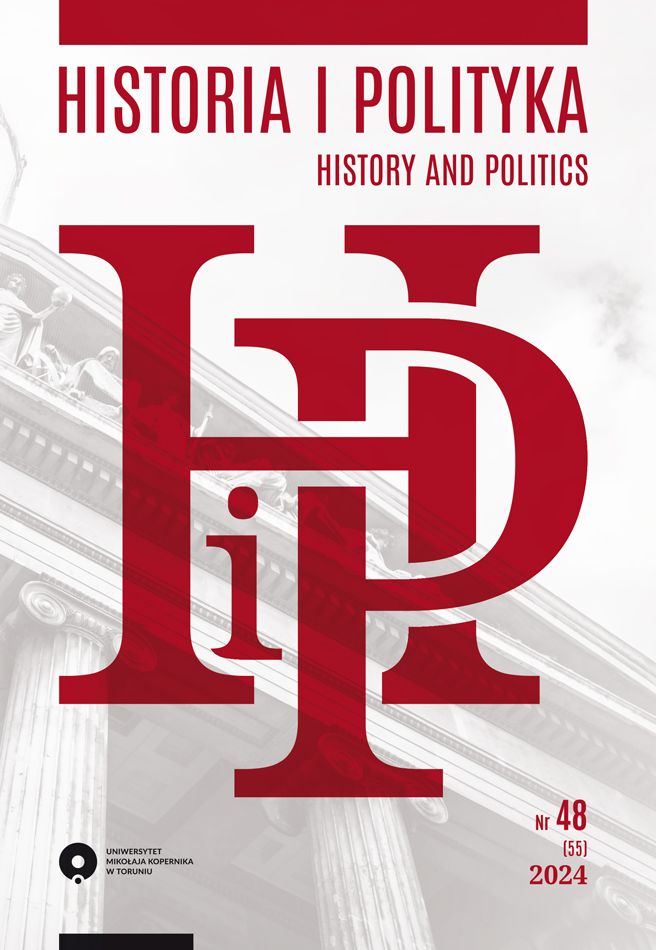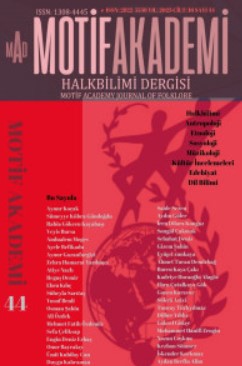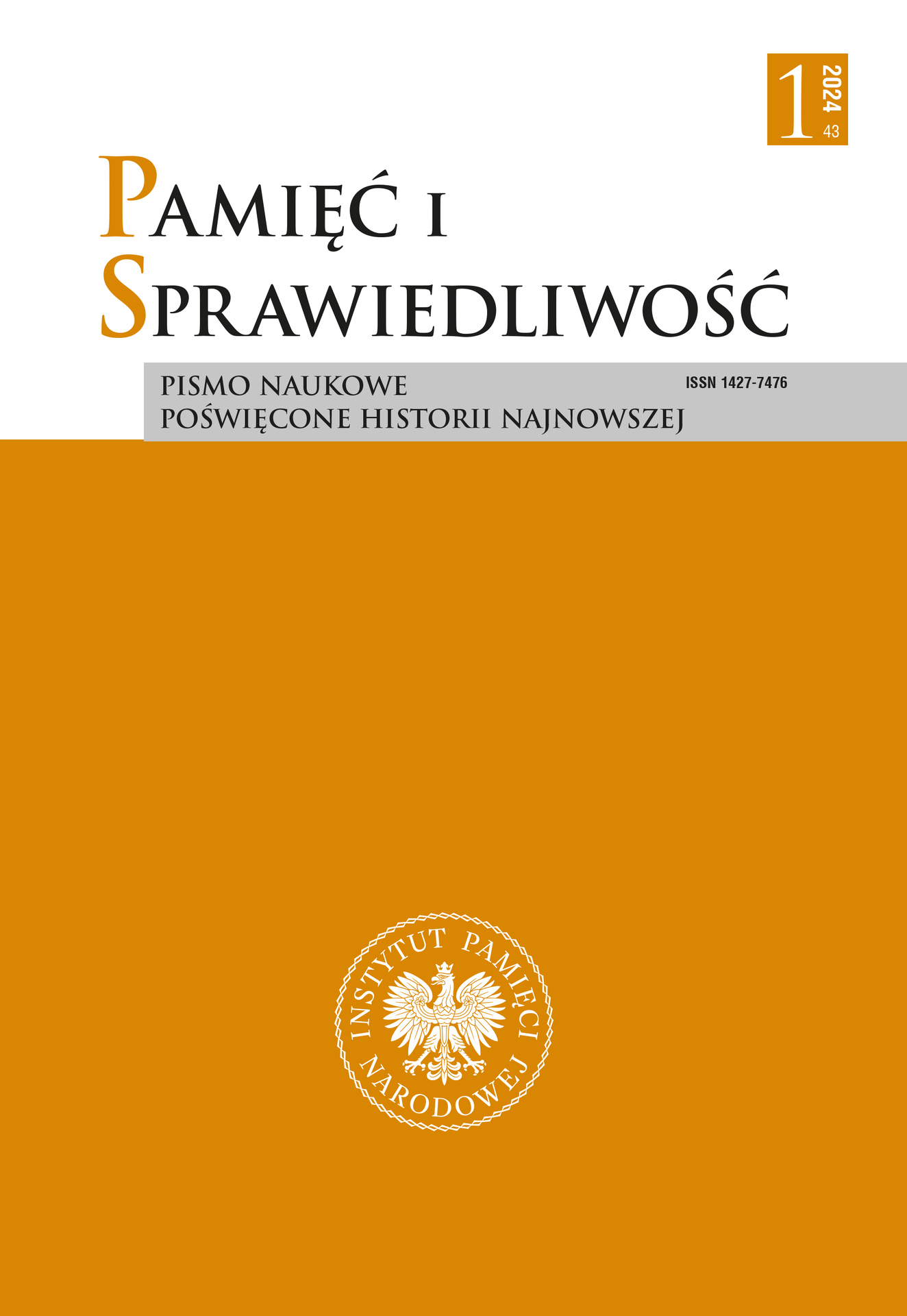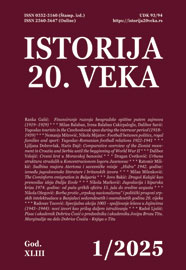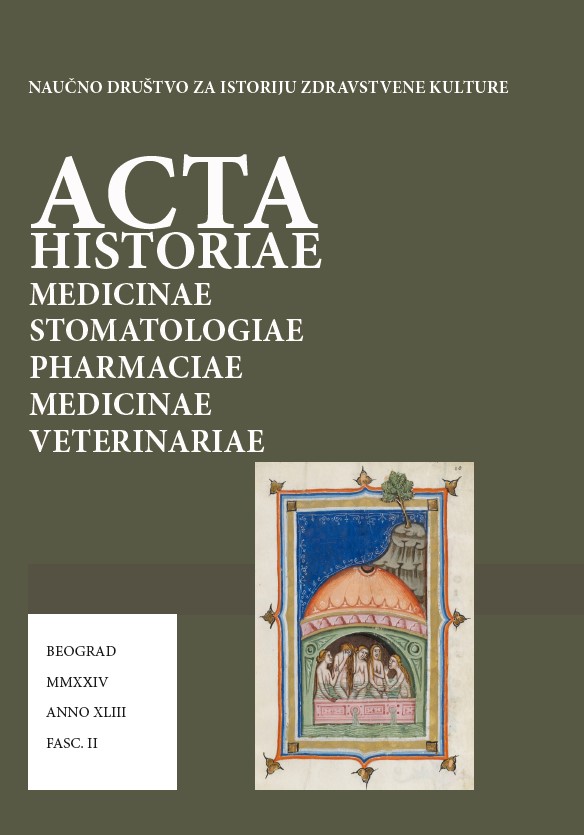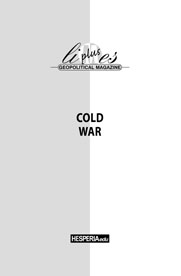Author(s): Dragomir Bondžić / Language(s): Serbian
Issue: 1/2016
After years-long research, Indian scientists carried out a successful nuclear explosion on May 18, 1974 in the Rajastan desert. Although Indian officials immediately stated that it was a „peaceful nuclear explosion“, and that they did not intend to make a nuclear weapon, India had become the 6th nuclear power and the first non-aligned country to come into „the nuclear club“. This lead to a strong criticism on the international stage, especially by Pakistan, as well as by great powers and some non-aligned countries. As a member of the Non-aligned Movement, closely alligned with India, Yugoslavia carefully tracked statements and explanations given by Indian officials, systematically noted and analyzed responses of individual countries, and calmly created its own view toward the Indian nuclear test. Yugoslav diplomacy promptly congratulated India its huge technological success, defending the right of all countries, including India, to develop research in the field of nuclear energy, thereby granting full trust to Indian official statements that they did not intend to use their achievements in military purposes. Further, the Indian nuclear explosion resurected the previous nuclear ambitions of Yugoslav state leadership, primarily of Josip Broz Tito. The Yugoslav nuclear program was relaunched, including the examination of possibilities for exploiting nuclear energy for military purposes. Yugoslav leaders expected great help from India in this matter, so they undertook efforts to intensify cooperation between the two countries in the field of nuclear energy, and to spread that cooperation to other nonaligned countries. However, Indian assistance, being much less than expected, did not contribute to the Yugoslav nuclear program, which, owing to many weaknesses, produced modest results in civilian research, and did not achieve any success in the military field.
More...

